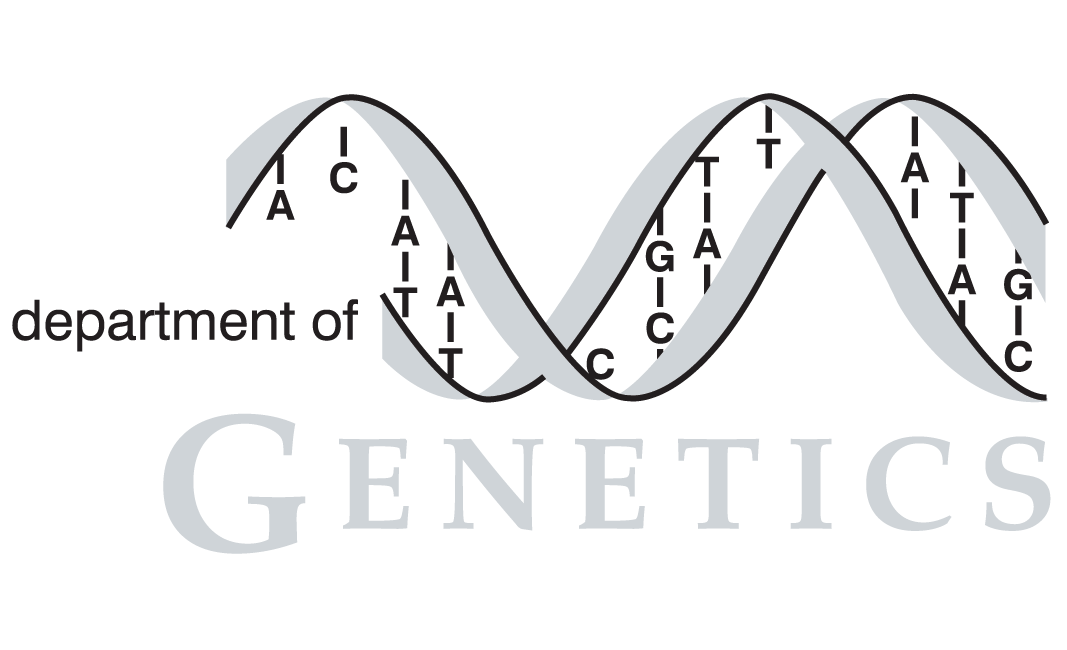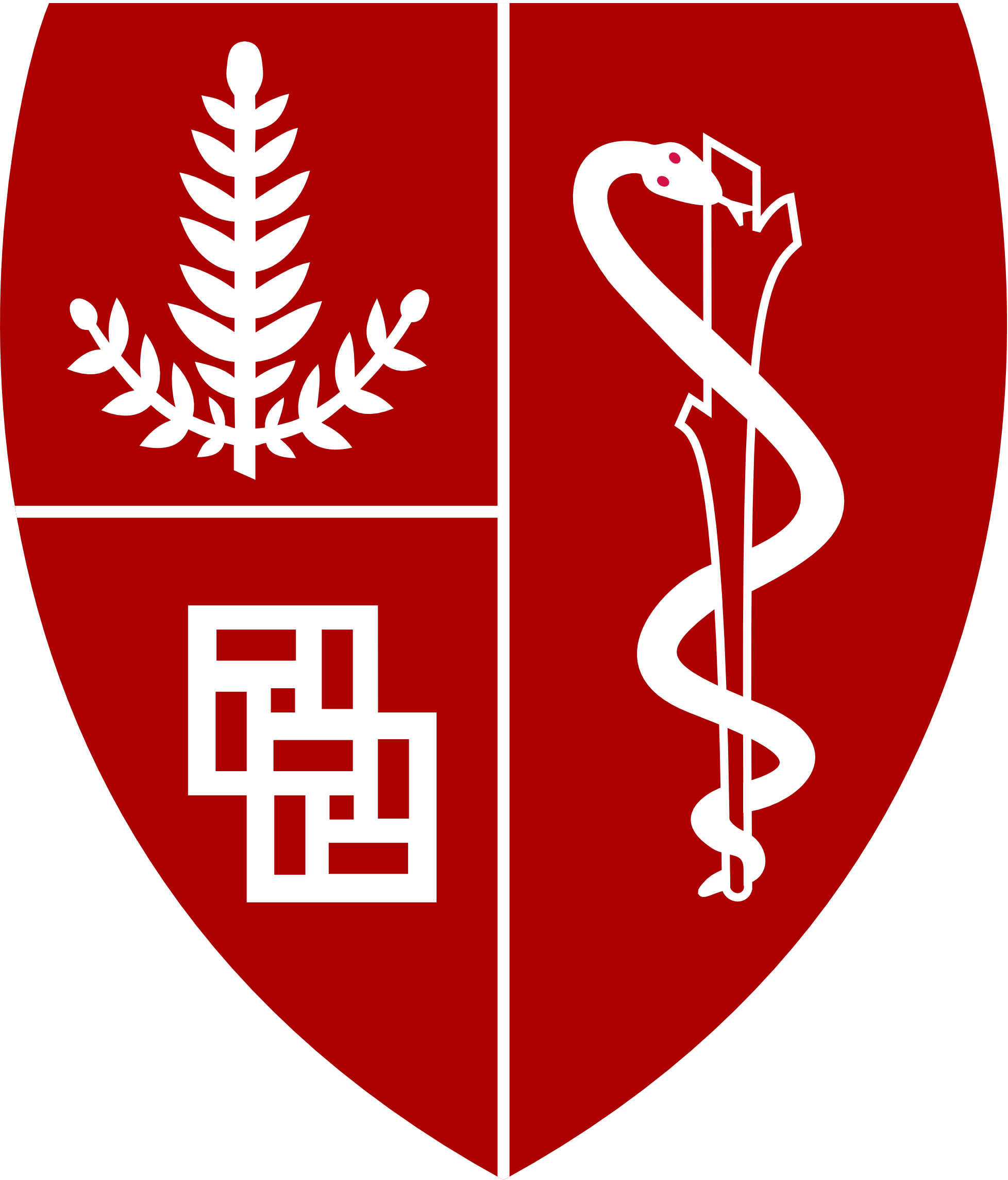| Citation | Verwaal R, Jiang Y, Wang J, Daran JM, Sandmann G, van den Berg JA, van Ooyen AJ. Heterologous carotenoid production in Saccharomyces cerevisiae induces the pleiotropic drug resistance stress response. Yeast (Chichester, England), 2010. |
| PubMed ID | 20632327 |
| Short Description | Heterologous carotenoid production in Saccharomyces cerevisiae induces the pleiotropic drug resistance stress response. |
| # of Conditions | 14 |
Full Description

|
To obtain insight into the genome-wide transcriptional response of heterologous carotenoid production in Saccharomyces cerevisiae, the transcriptome of two different S. cerevisiae strains overexpressing carotenogenic genes from the yeast Xanthophyllomyces dendrorhous grown in carbon-limited chemostat cultures was analysed. The strains exhibited different absolute carotenoid levels as well as different intermediate profiles. These discrepancies were further sustained by the difference of the transcriptional response exhibited by the two strains. Transcriptome analysis of the strain producing high carotenoid levels resulted in specific induction of genes involved in pleiotropic drug resistance (PDR). These genes encode ABC-type and major facilitator transporters which are reported to be involved in secretion of toxic compounds out of cells. beta-Carotene was found to be secreted when sunflower oil was added to the medium of S. cerevisiae cells producing high levels of carotenoids, which was not observed when added to X. dendrorhous cells. Deletion of pdr10, one of the induced ABC transporters, decreased the transformation efficiency of a plasmid containing carotenogenic genes. The few transformants that were obtained had decreased growth rates and lower carotenoid production levels compared to a pdr5 deletion and a reference strain transformed with the same genes. Our results suggest that production of high amounts of carotenoids in S. cerevisiae leads to membrane stress, in which Pdr10 might play an important role, and a cellular response to secrete carotenoids out of the cell. |
Tags
 |
Contact: sgd-helpdesk@lists.stanford.edu


